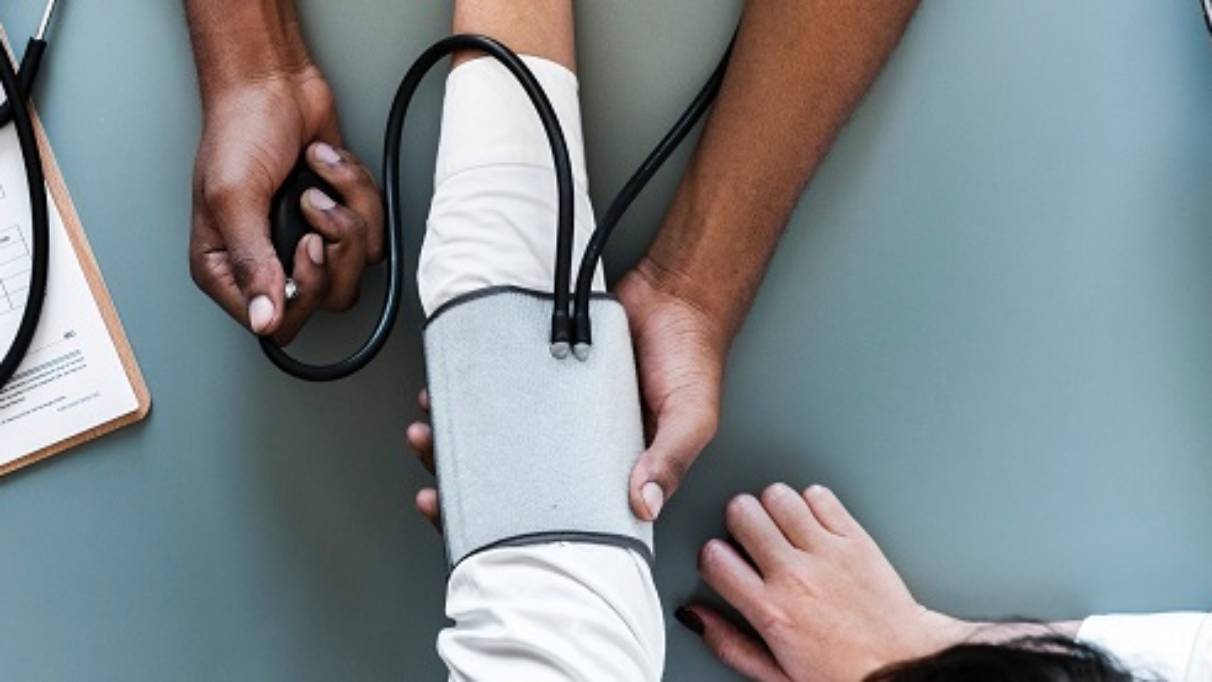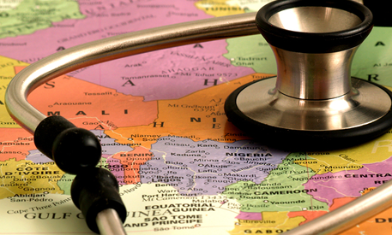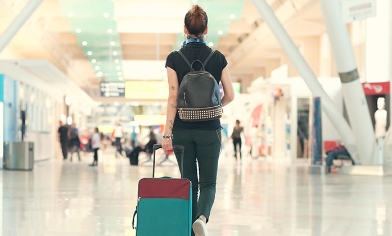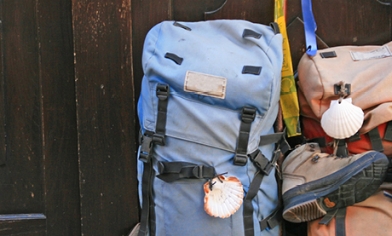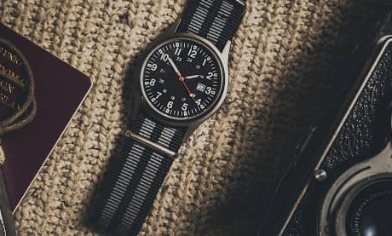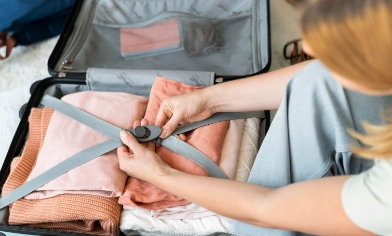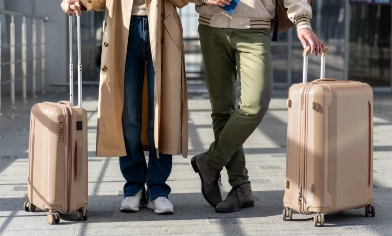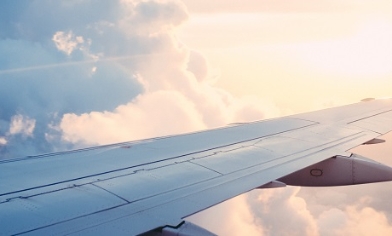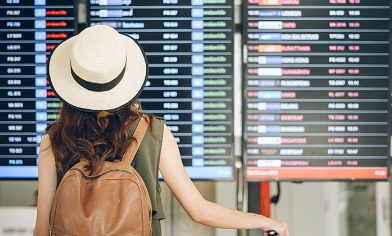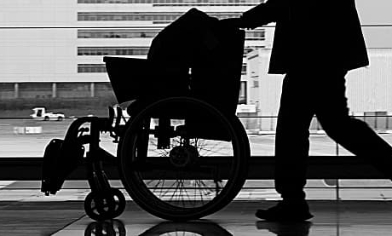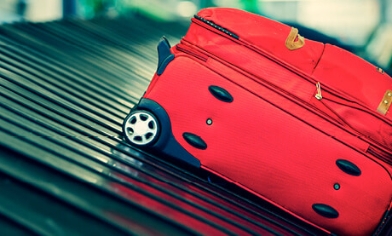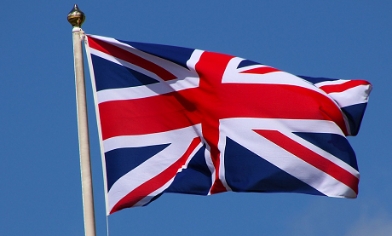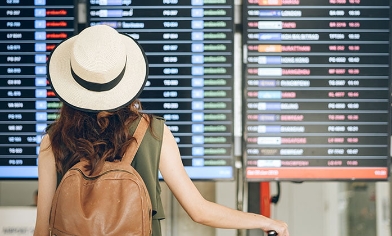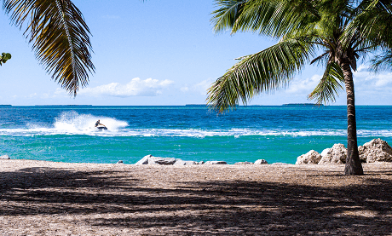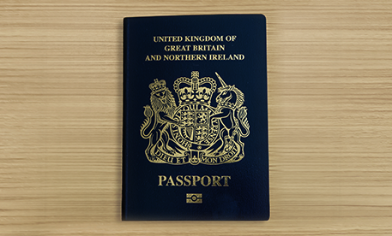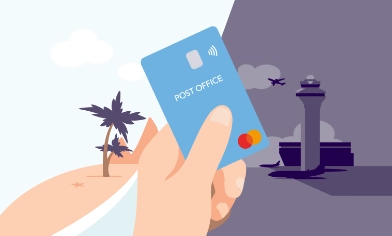Should I declare my high blood pressure?
The quick answer to this question is: yes. You should always tell your insurer about your high blood pressure, even if it’s being well-managed through medication. High blood pressure is considered to be a ‘pre-existing medical condition’ by insurers. That means it’s an important fact that will directly affect the kind of policy you need, and the chances of you claiming are going to be higher. If you don’t tell them and then you need to claim as a result of the condition, then your policy may not pay out.
If you’re interested in arranging travel insurance for someone with high blood pressure, then expect to be asked some questions by the insurer when you take out the policy. Make sure you have the answers handy so that you don’t have to keep calling back to finish your purchase!
Questions you can expect insurers to ask will include:
- What medicines are you taking for your high blood pressure?
- What dosage of the medicines are you taking?
- Have the medications changed recently?
- Has the dosage been increased recently?
- Has your doctor told you to take medication for cholesterol as well?
Can I get travel insurance with high blood pressure?
It’s easier than you think to get travel cover for people with high blood pressure. Just make sure your insurer knows the details of your condition and they will tell you how the policy will work. It’s not technically a legal requirement to tell them about it, but telling them up front means you will be covered for anything that happens as a result. Otherwise, you might end up with a policy that doesn’t cover any pre-existing medical conditions at all – and you’ll likely spend your whole holiday worrying about it.
Tips for travelling with high blood pressure
When you have high blood pressure, travel insurance is a great idea, but there are also other things you should remember before you go.
- Give yourself plenty of time to make the journey less stressful.
- Stay near the airport the night before your flight, and check in nice and early so you can be relaxed before you get on the plane.
- Put the medication you’ll need for the journey in your hand luggage, remembering to add a little extra in case of flight delays. If it’s not too bulky, aim to put it all in your hold baggage, where you can be sure it won’t get lost or crushed. Don’t count on getting your medication while you’re away – chemists may not have any, or they may be closed where you are going.
- Move around on the plane to help your circulation and reduce the risk of developing deep vein thrombosis. High blood pressure is linked to this condition.
- You should also avoid eating salty food on the plane – try bringing your own snacks or asking the airline for an alternative. And avoid alcohol, which will make you sleepy and stop you moving around.
